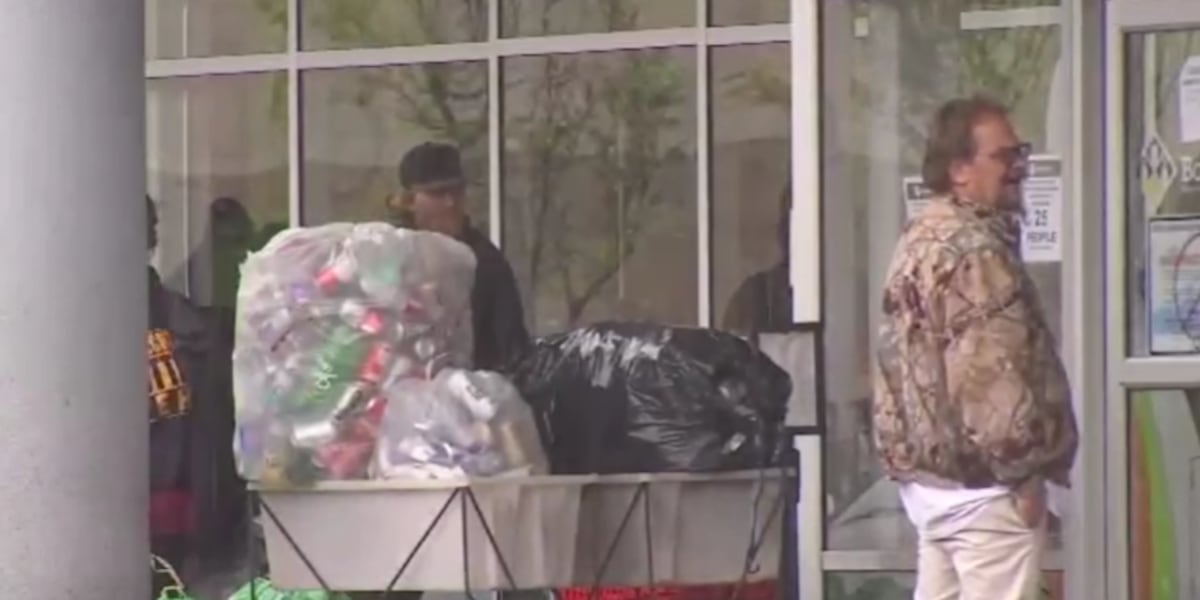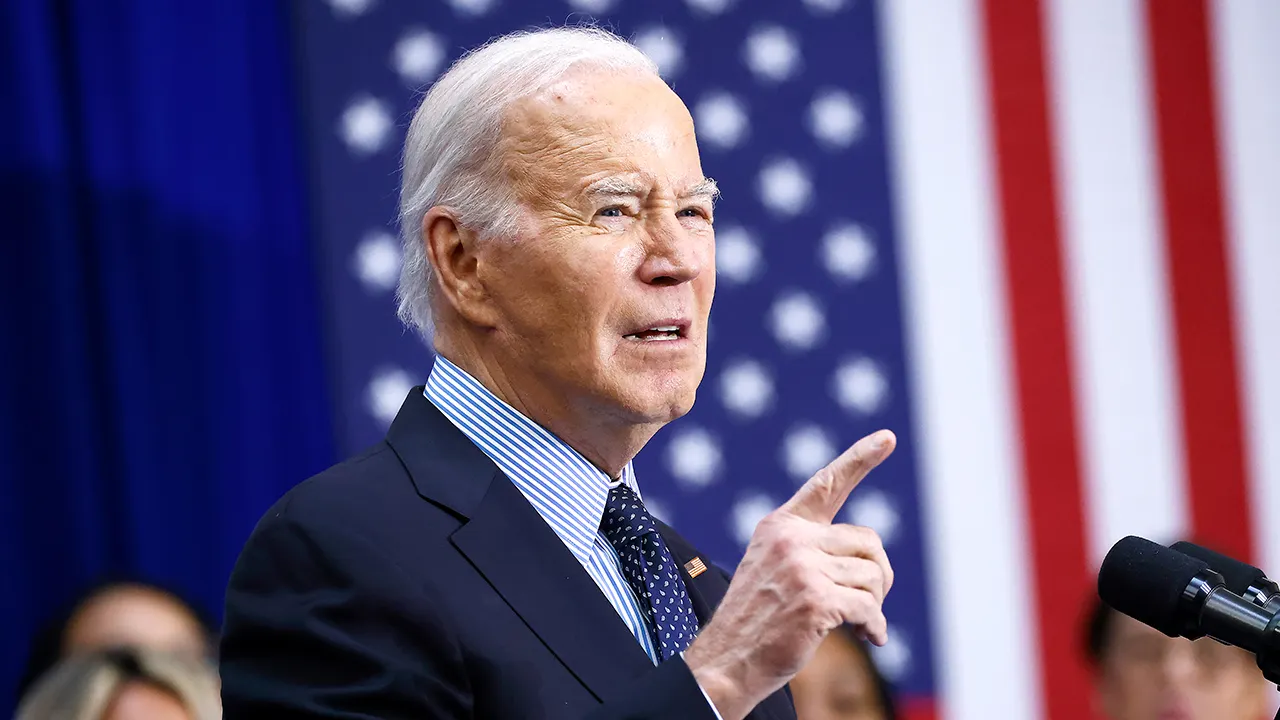David H. Hausman, 98, formerly of Philadelphia, longtime pathologist in the Ayer Clinical Laboratory at Pennsylvania Hospital, died Sunday, Sept. 10, of cardiovascular disease at Homeland Center retirement community in Harrisburg.
Dr. Hausman spent 30 years as a medical laboratory scientist at Pennsylvania Hospital and much of his adult life supporting socially and politically progressive causes. From 1959 to his retirement in 1989, he worked with resident doctors, examined countless samples of body tissue, and performed laboratory tests to help physicians and others at Pennsylvania Hospital reach diagnoses and determine treatment for patients.
He graduated from Thomas Jefferson Medical College, now the Sidney Kimmel Medical College at Thomas Jefferson University, in 1947, served a residency in Boston, and worked at first at Mount Sinai Hospital in New York. His father, a community doctor in Philadelphia, was an immigrant from Ukraine, and the family instilled in Dr. Hausman an appreciation for economic independence and social justice.
Dr. Hausman returned to his hometown from New York in 1959, lived in Bryn Mawr and Fairmount, and, with his wife, Rose, was active in many social and political movements. They protested the war in Vietnam, marched for civil rights, opposed nuclear weapons, supported the Occupy movement, and attended the 2017 Women’s March in Philadelphia.
In 2005, he penned a letter to the editor of The Inquirer critical of Supreme Court Justice John Roberts. “He was generally reserved but could be loquacious with those he knew well,” said his daughter Bernice. “He had a dry sense of humor and was so proud of his children. He created a context in which we could succeed.”
Born Nov. 24, 1924, in Philadelphia, David Henry Hausman grew up in Kensington in a house designed by famed American architect Frank Furness. He graduated first in his 1941 class at Central High School and was editor of the school yearbook.
He attended the University of Pennsylvania and met Rose Gomez through mutual friends. They married in 1955, and had daughters Aurelia and Bernice, and sons Michael and Matthew. His wife died in 2018.
Dr. Hausman and his wife purchased property in New York and spent many memorable summers swimming, boating, and hiking in the Adirondack Mountains. He liked to read poetry with his children, play the piano, and listen to classical music.
He especially went out of his way to be involved with his family. “He will be remembered for his passion for politics and love for his family, poetry, and music,” his children said in a tribute.
In addition to his children, Dr. Hausman is survived by four grandchildren and other relatives. A sister died earlier.
Services are to be held later.
Donations in his name may be made to the American Civil Liberties Union of Pennsylvania, Box 60173, Philadelphia, Pa. 19102.

/cloudfront-us-east-1.images.arcpublishing.com/pmn/SOYNRY3RMJC4HMJY7H4OVKMRFQ.jfif)























